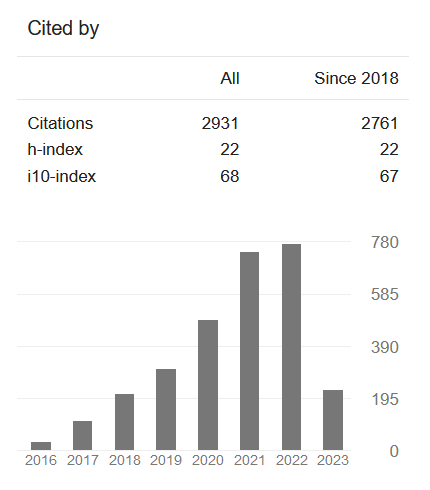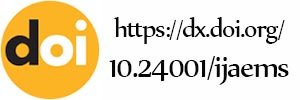Enhancing the Productivity, Innovation and Wellbeing of Technical Employees-What We Know and Don’t Know: A Conceptual Study and Literature Review From Technical and Managerial Orientation Perspective( Vol-2,Issue-7,July 2016 ) |
|
Author(s): Riazul Haque |
|
Keywords: |
|
|
Technical professionals, Technical orientation, Managerial orientation, Productivity, Innovation, Wellbeing. |
|
Abstract: |
|
|
A primary goal of managers in any organization is to increase the productivity of its operations. With rising competition and a corresponding increase in work place stress levels, there is a resurgence of interest related to innovation and wellbeing in the organizational context as well. In this setting, improving the productivity , innovativeness and wellbeing of technical employees is of paramount importance as these professionals often represent the core knowledge competency of an organization . This is why, getting the best out of the technical employees, who often are the lifeblood of innovation and productivity, should be a primary goal of managers. However, managing technical professionals poses challenges for managers as these professionals are a class of knowledge workers who have unique requirements and understanding these differences and acting accordingly is important to attract, retain and motivate them. Managing technical employees poses a further challenge as when technical workers themselves are promoted to managerial roles, the transition sometimes becomes challenging due to the differing orientations of technical vs. managerial mindsets. Such differing orientation has implications for enhancing productivity, innovativeness and wellbeing of technical employees. This paper carried out a literature review to find out whether a user friendly and integrated conceptual model is available to understand this technical-managerial dichotomy and the consequent implications so that technical talents can be managed better. From a user perspective, this review highlights the need for further research and the development of a more integrated and cohesive framework in this area. |
|
Cite This Article: |
|
| Show All (MLA | APA | Chicago | Harvard | IEEE | Bibtex) | |
Share: |
|

 DOI:
DOI: 



























